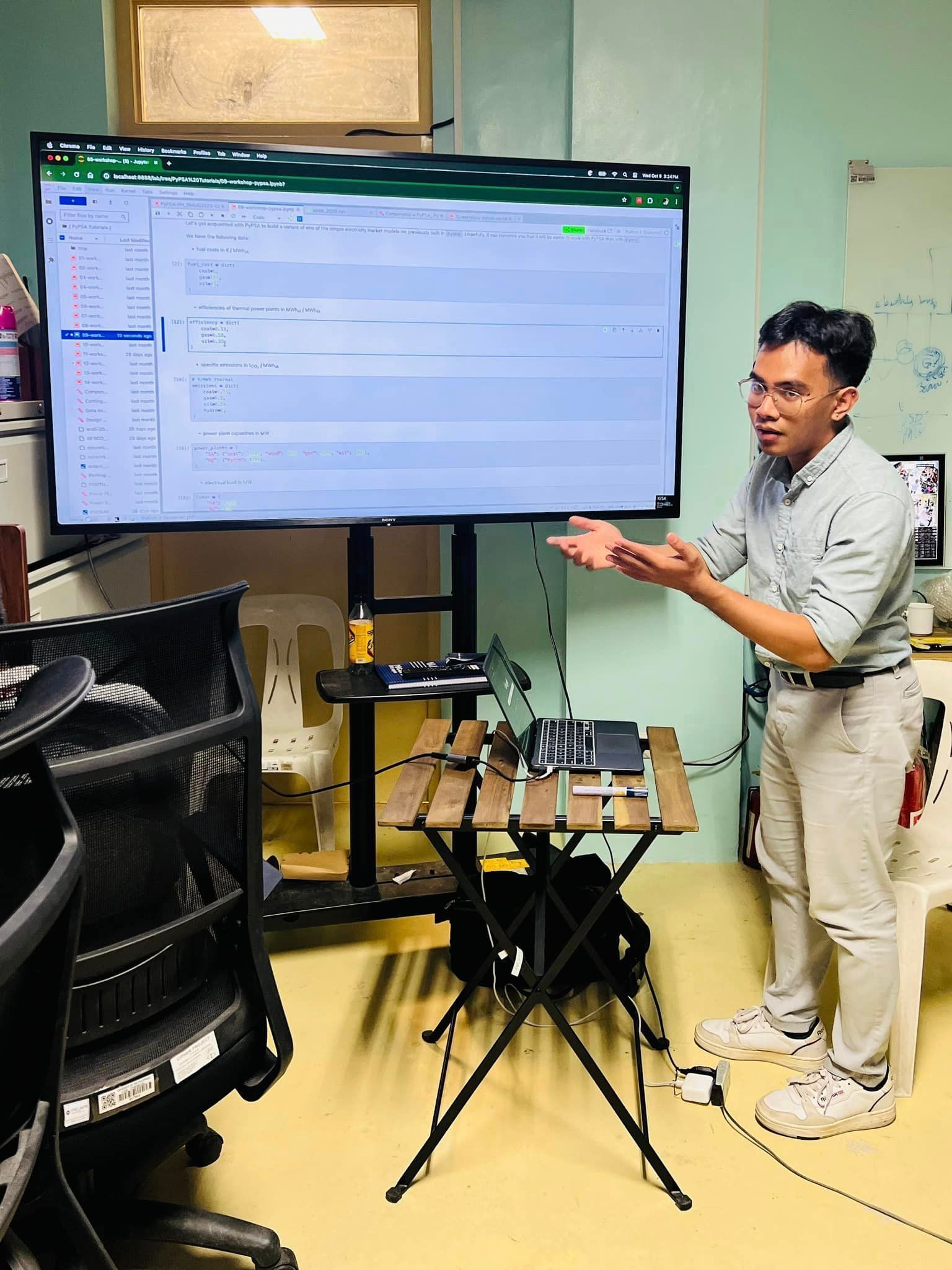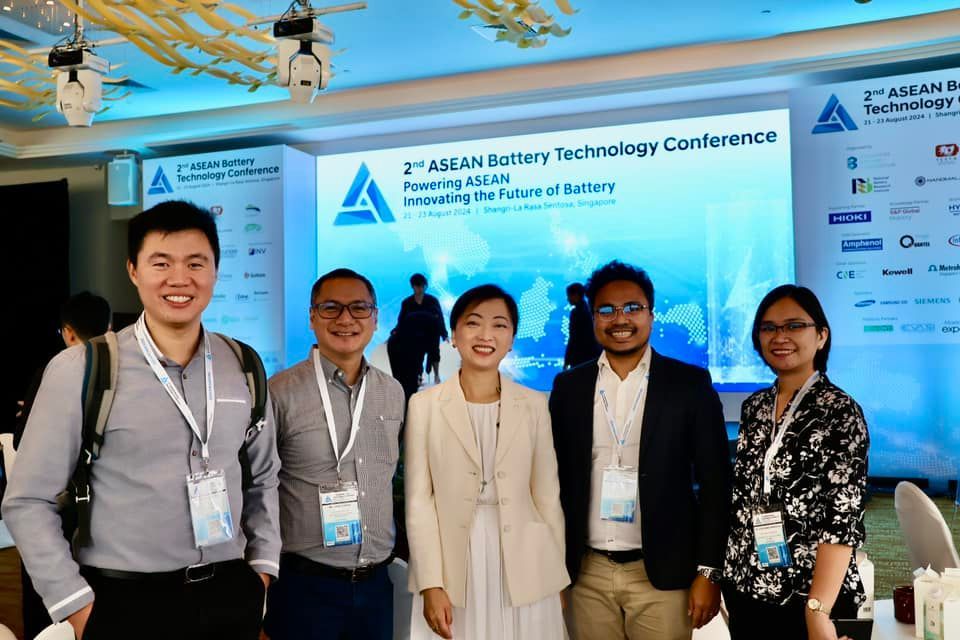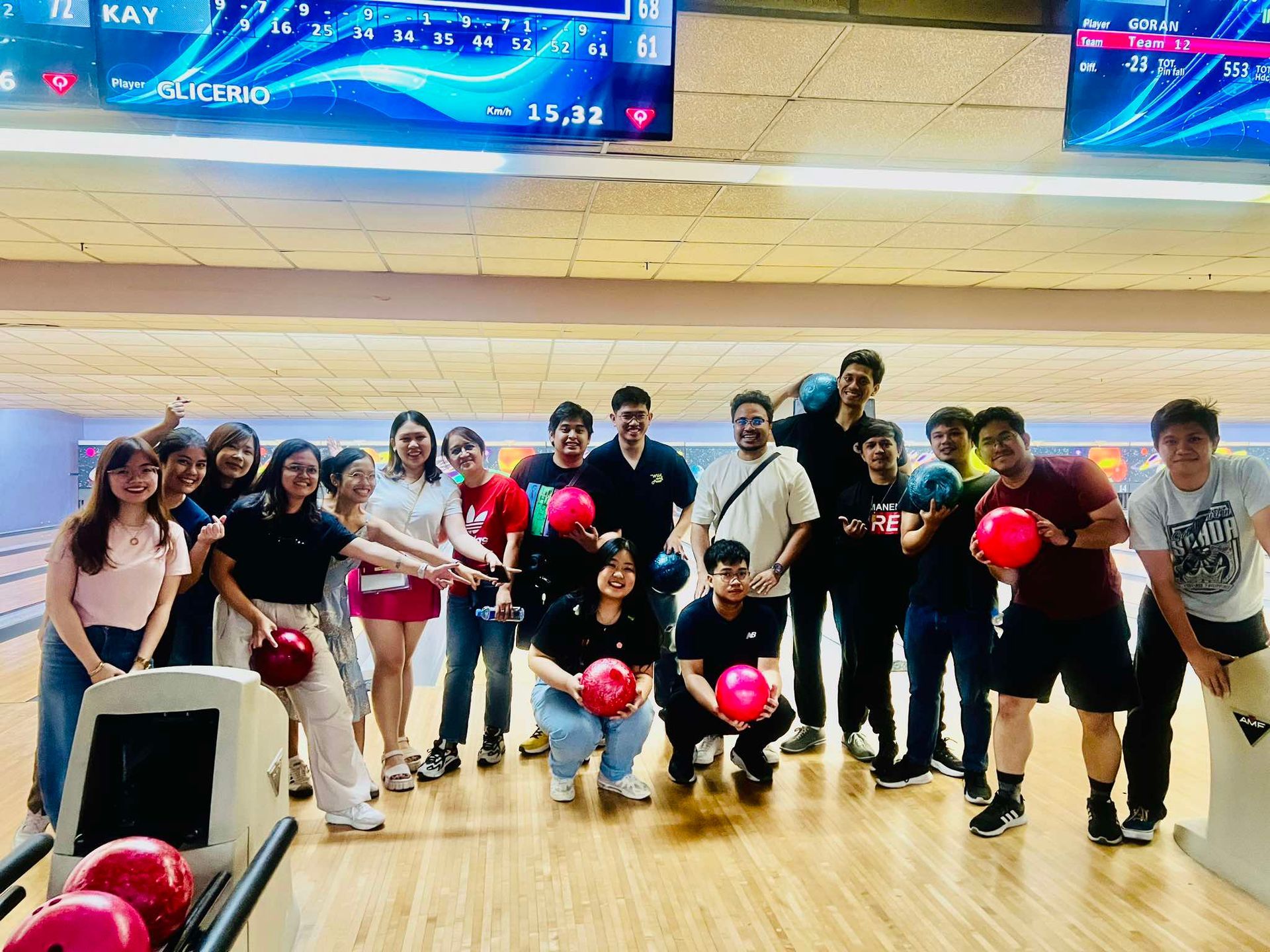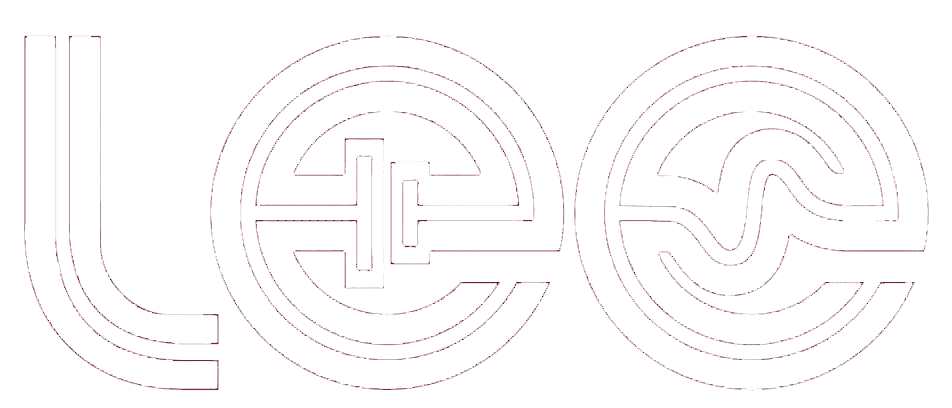LEE Members Pass the 2016 Board Exams
Four members of the Laboratory of Electrochemical Engineering passed their respective board exams this 2016. These members are Nur-Miko Guiamano, Marc Francis Labata, Jan Samuel Matuba, and Ron Andrei Soriano.
Nur-Miko Guiamano is a BS Electronics and Communications Engineering graduate from the Electrical and Electronics Engineering Institute, University of the Philippines – Diliman. Her undergraduate research topic was Development of a Line Synchronized Full Bridge Inverter for Photovoltaic Solar System Applications under the supervision of Prof. Miguel Escoto, Jr. She was part of the Power Electronics Laboratory of the Electrical and Electronics Engineering Institute during her undergraduate research but is now part of the Laboratory of Electrochemical Engineering. She passed the Electronics Engineer Licensure Examination last October 15 and 16, 2016.
Marc Francis Labata is a BS Chemical Engineering graduate from the Depertment of Chemical Engineering, University of the Philippines – Diliman. He worked with Reynaldo Geronia II and Kirby Lanz Rosales for their undergraduate research which was entitled CO 2 Electrocatalytic Conversion on Electrodeposited Cu-based Surfaces under the supervision of Prof. Joey Ocon. He was already a member of the Laboratory of Electrochemical Engineering since his 5 th year as an undergraduate student. Aside from graduating as Cum Laude, he also managed to grab the Top 6 spot from the Chemical Engineer Licensure Examination, held last November 18-20, 2016, with a rating of 81.00%.
Jan Samuel Matuba is also a BS Chemical Engineering graduate from the same department. He worked with Rodgee Abaya and John Paul Niño Sanglay for their research Low-cost Fabrication of a PDMS Microchannel using an Improved Print-and-Peel (PAP) Method under the guidance of Prof. Kristian July Yap. Their research was one of the entries to the Undergraduate Project Competition (UPC) 2016. He was part of the Fuels, Energy, and Thermal Systems Laboratory of the Chemical Engineering Department during his undergraduate research but is now also a part of the Laboratory of Electrochemical Engineering. He passed the Chemical Engineer Licensure Examination last November 18-20, 2016.
Ron Andrei Soriano is another BS Chemical Engineering graduate from the same department. He worked with Patrick Ryan Cruz and Alden Jon Espineli for their research entitled Fabrication of a Membraneless Alkaline Fuel Cell Prototype for Ethanol Sensing under the supervision of Asst. Prof. Julie Anne del Rosario. He was also already a member of the Laboratory of Electrochemical Engineering since his 5 th year as an undergraduate student. He also passed the same Chemical Engineer Licensure Examination.





